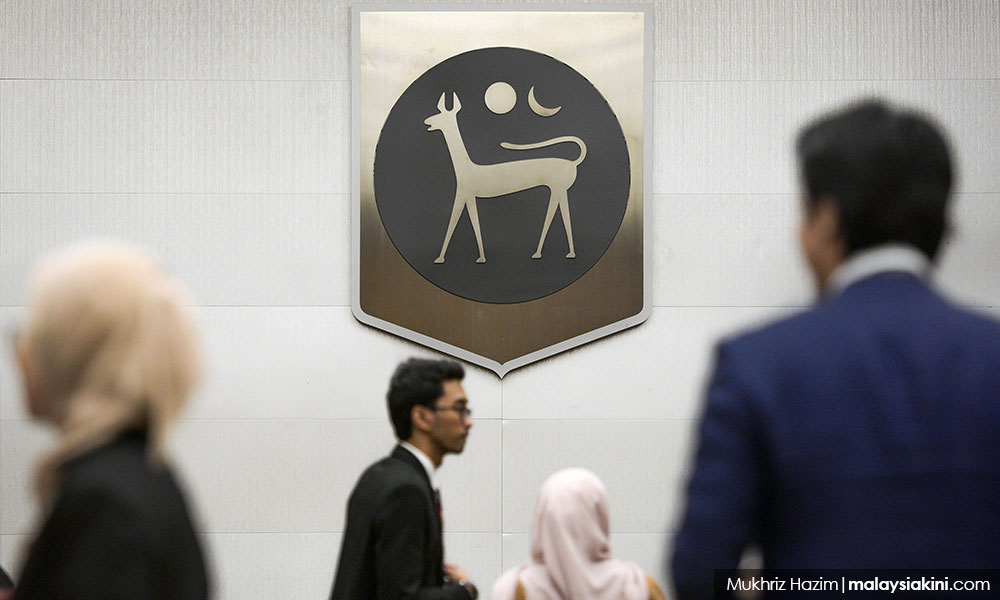A PAS central leader has claimed that Bank Negara's move to reduce the statutory reserve requirement (SRR) ratio from 3.5 percent to three percent is a sign of a problematic economy.
PAS central economic, real estate and entrepreneur development committee vice-chairperson Mazli Noor (above) said the central bank should introduce tangible measures beyond facilitating the flow of more money into the economy.
"The SRR rate was last lowered from four percent to its current rate in 2016 to little effect, indicating that more concrete and long-term oriented steps are necessary to increase the levels of liquidity in the country’s economy," said Mazli in a statement today.
On Monday, Bank Negara announced that the SRR ratio will be lowered to three percent from 3.5 percent effective Nov 16, 2019, to maintain sufficient liquidity in the domestic financial system.
Bank Negara said the move will continue to support the efficient functioning of the domestic financial markets and facilitate effective liquidity management by the banking institutions.

Mazli, however, said the central bank should also introduce additional measures to complement its decision which economists had reportedly estimated to release RM7.4 billion in reserve funds.
"These include cogent and measurable steps to encourage the banking sector to increase its lending - particularly to retail and small and medium businesses (SMEs) - and take full advantage of BNM’s decision.
"This to facilitate the effective transfer and dissemination of the increased liquidity across a wider spectrum of the country’s economy, and avoid the liquidity trap," he said.
Mazli said Bank Negara must also consider simultaneously contributing to the nation’s development funds, through strategic purchases of government's bonds.
"It is clear that to avoid the liquidity trap hanging over the country, such purchases must be extremely targeted and be conducted completely objectively, aimed at specific government agencies and developments.
"This to ensure that the funds are channelled wholly to high impact projects with maximum multiplier effects," he said.
Mazli said the end goal is to ensure that the country’s well-being is increased by implementing complementary measures to move across a larger spectrum of the economy, as opposed to standalone measures by isolated institutions.
Amid a challenging economic landscape, Malaysia's GDP growth had accelerated to 4.9 percent in the second quarter of this year, from 4.5 percent in the earlier quarter.


